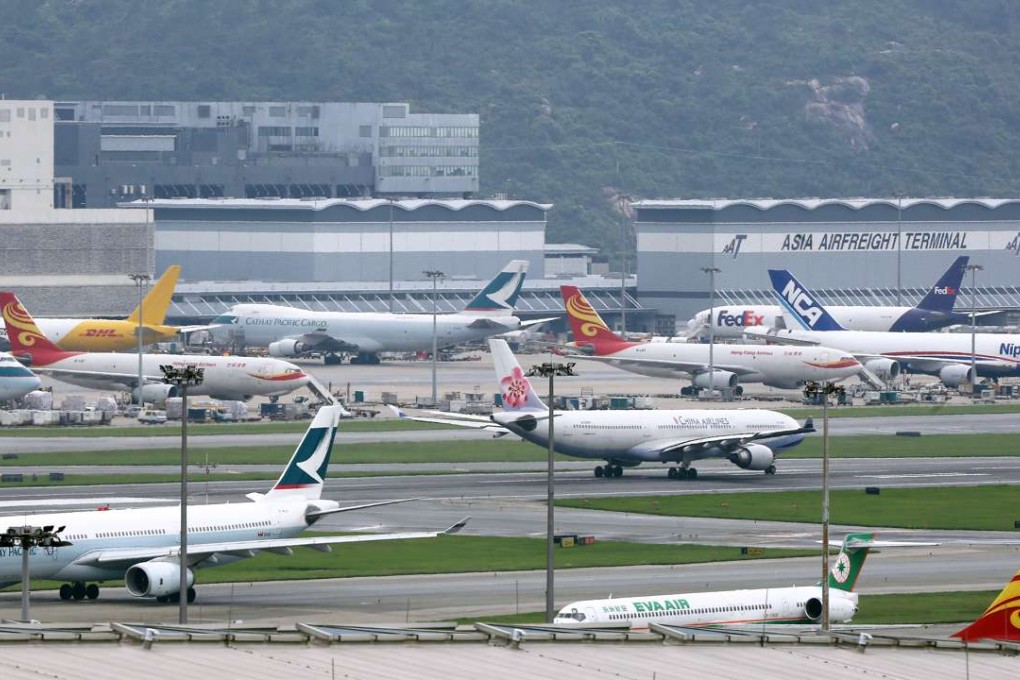Hong Kong airfares could soar if fuel surcharge proposal approved
Hong Kong’s aviation regulator may give airlines power to set costs in bid for greater competition

Passengers could end up having to pay more for flights from Hong Kong as the city’s aviation regulator announced it is considering allowing airlines to set their own fuel surcharges.
The Civil Aviation Department said on Friday it had began a 12-month review to decide whether to pass the power to carriers to set fuel surcharges and how transparent the additional costs would be.
Passenger fuel surcharges, which had added as much as HK$1,164 to the price of a long-haul ticket, were scrapped in February last year following the collapse in global oil prices. This prevented airlines from recouping some jet fuel costs, hurting airlines, notably Cathay Pacific Airways whose long-term hedging contracts did not anticipate the downturn, costing the company billions.
Following the scrapping, the CAD hired consultants to review the regulation, which concluded Hong Kong lagged behind in deregulating this area.
Fuel surcharges are a controversial cost to the travelling public who have in the past said they feel they are paying for the errors of airlines’ fuel hedging policies.
“The CAD’s upcoming study will look at whether fuel surcharges are to be deregulated in the long run,” a spokeswoman said, adding that the overarching principle was to enhance transparency.